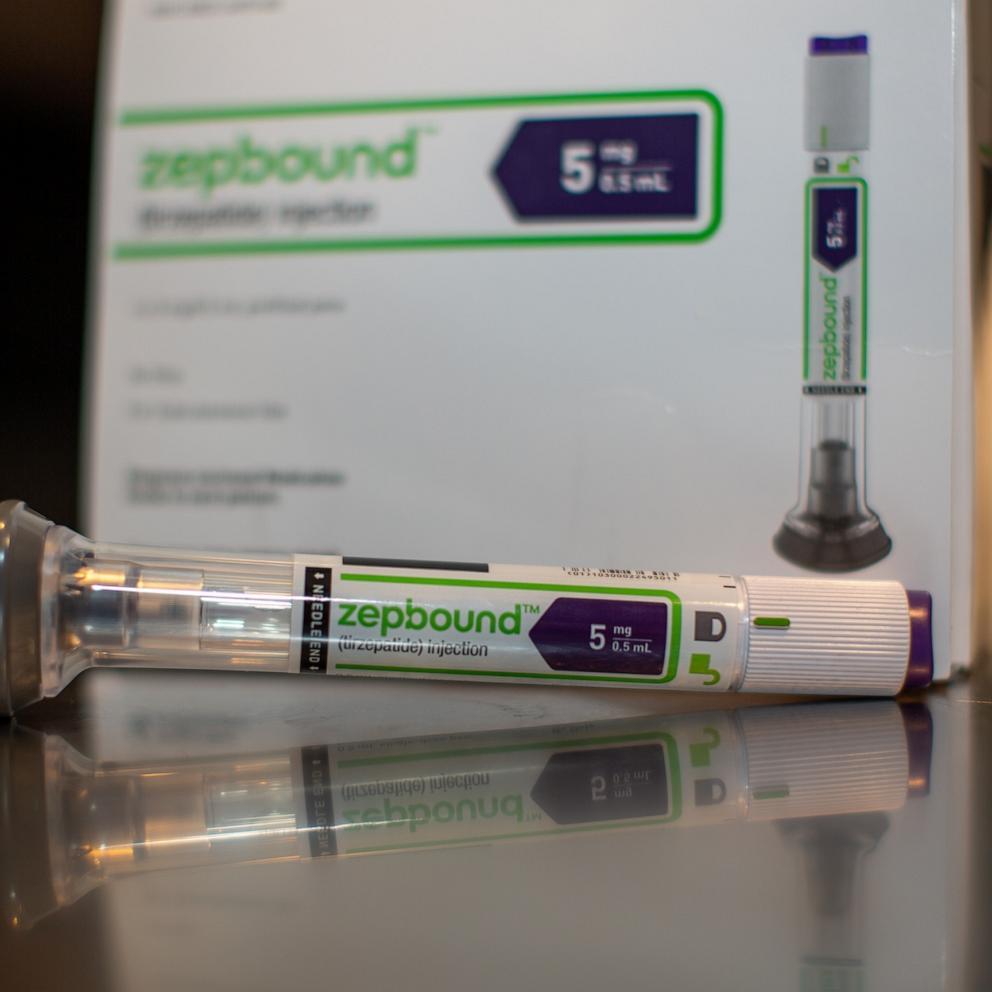High levels of bacteria in water lead to multiple beach closures across the US
Beaches in several states across the country have been closed to swimmers over the last few days due to harmful levels of bacteria in the water.
In Massachusetts, at least 37 beaches were closed as of Monday afternoon due to "bacterial exceedance," according to the state's Department of Public Health (MDPH). Many of the beaches tested positive for high levels of a type of fecal bacteria, and beachgoers were warned not to swim or enter the water in those locations to avoid risk of illness, according to the health agency.
Additionally, at least three beaches in Coronado, California – located on a peninsula in San Diego Bay – have been closed since June 26 because "[b]acteria levels exceed health standards." San Diego County's Department of Environmental Health and Quality said such closures are usually due to sewage or chemical spills.
Further, New York's Suffolk County last week issued an advisory against bathing at 63 beaches due to increased bacteria levels caused by heavy rainfall and stormwater runoff.

Although health officials did not elaborate on what types of bacteria were found in California or New York, officials in Massachusetts identified the bacteria as enterococci. The bacteria are typically found in the intestinal tracts of warm-blooded animals, including humans, according to the U.S. Environmental Protection Agency (EPA), and may "indicate possible contamination of streams and rivers by fecal waste."
Enterococci bacteria commonly cause urinary tract infections, and can also cause blood infections and endocarditis, an inflammation of the lining of the heart's values and chambers, according to the National Institutes of Health.
Heavy rains after long periods of drought can pick up animal or human excrement, which can then be carried by runoff into nearby bodies of water, including oceans. Heavy rains can also cause sewage systems to overflow, causing untreated sewage to likewise contaminate bodies of water.
Additionally, two beaches in Massachusetts were closed due to high levels of cyanobacteria, according to the MDPH. Often referred to as blue-green algae, cyanobacteria are often found in freshwater but can appear in saltwater or brackish water, according to the Centers for Disease Control and Prevention (CDC) . The bacteria itself doesn't infect humans but can produce toxins that make people sick.
Ingestion of water that contains cyanobacteria can cause symptoms including headaches, stomach pain, dizziness, vomiting, and diarrhea. It can also cause irritation of the skin, eyes, nose, throat and lungs.
Cyanobacteria can multiply quickly in warm waters that become rich in nutrients, including from fertilizers and septic tank overflows, the CDC said.

Four beaches in Michigan also were closed on Monday due to high levels of Escherichia coli (E. coli), bacteria, according to the Michigan Department of Environment, Great Lakes and Energy.
E. coli is another bacterium that lives in the intestinal tract of warm-blooded animals. Most types of E. coli are harmless, but many strains can cause severe illness, including diarrhea, stomach cramps and vomiting, according to the CDC.
The CDC recommends staying out of bodies of water – including oceans, lakes and rivers – if the water looks cloudier than usual, is discolored, or smells bad. Swimmers are also cautioned to stay out of the water if they see pipes draining into or around the water, of if they themselves have diarrhea.




